Indian television is regressive compared to its cinema, says filmmaker Sarmad Khoosat
Acclaimed director/actor Sarmad Khoosat has made a name for himself, not only in Pakistan but also across the border.
Khoosat attended the Urdu festival Jashn-e-Rekhta in India where he spoke about how Indian television is at a standstill, according to Indian Express.
“Progress happened on Indian television faster and earlier than us. Therefore, I find this a little surprising that in a landscape where cinema is saying so much, an advertisement can break boundaries, stereotypes, marketeers bring regression to the table in television dramas. The narrative offers nothing new," shared the Humsafar director.
He was, however, just as quick to criticize the state of television in his homeland.
“I feel we have decimated the variety and diversity of stories in both the countries. India, where cinema is doing great with films like Masaan, The Lunchbox, Yeh Jawaani Hai Deewani, the television side of it from some time has become monotonous."
He went on to expand on the fact that while the current scenario in Indian movies is impressive, television needs a lot of work and also called for better characterisation and effective writing on television in both the countries.
Sarmad, along with Pakistani actress Sania Saeed and popular Indian actors Kanwaljit Singh and Lubna Salim, was part of a discussion, Zindagi Ki Soorat-Giri: TV Par Urdu Ke Rang.
Lubna defended the current content on the small screen, saying, “The market forces are such that you have to pay heed to them but I feel like we are producing better content within those limitations. The offers that are coming to me right now are very interesting.”
The discussion was primarily about the changing face of Urdu through television shows in India and Pakistan.
Emphasizing on the correct use of language in dramas, Sarmad lamented that today’s writers take a lazy approach to make dialogues more popular with the audience.
“Not speaking in one language without bringing in another is an expression of today and the dialogue has suffered because of that. We never read badly or loosely-written novels but to make dialogues comprehensible to all, we have taken a lazy approach. I have seen this happening both in India and Pakistan.”
Jashn-e-Rekhta is the first of it's kind Urdu festival held in India which started in 2015 and attracted over 15,000 Urdu lovers from across India and the sub-continent. Over 75 distinguished authors, poets, artists, litterateurs, singers and acclaimed personalities from all over the globe were part of the stellar line-up this year. Sarmad wasn't the only Pakistani there: Zehra Nigah, Kanwaljeet Singh, Imran Abbas also attended, among others.





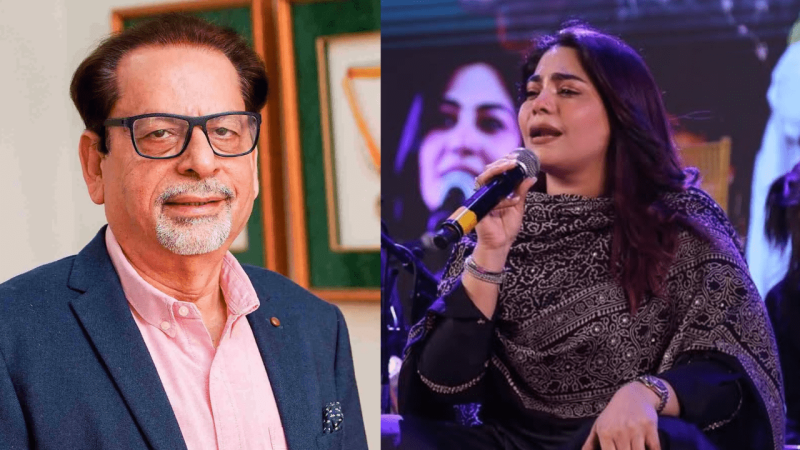
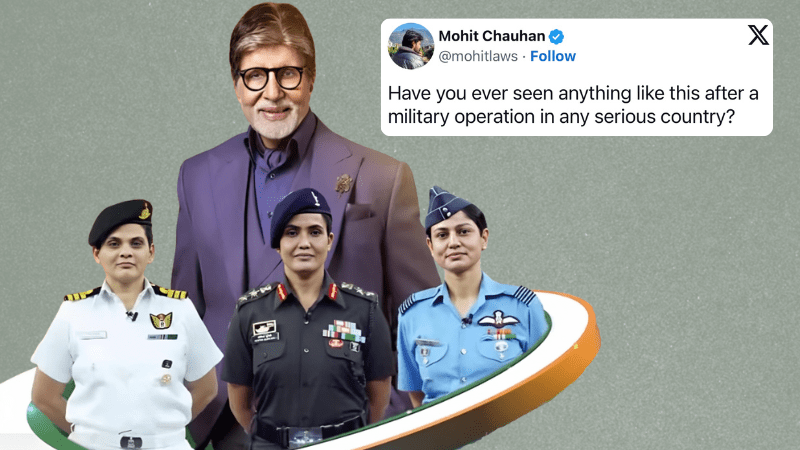
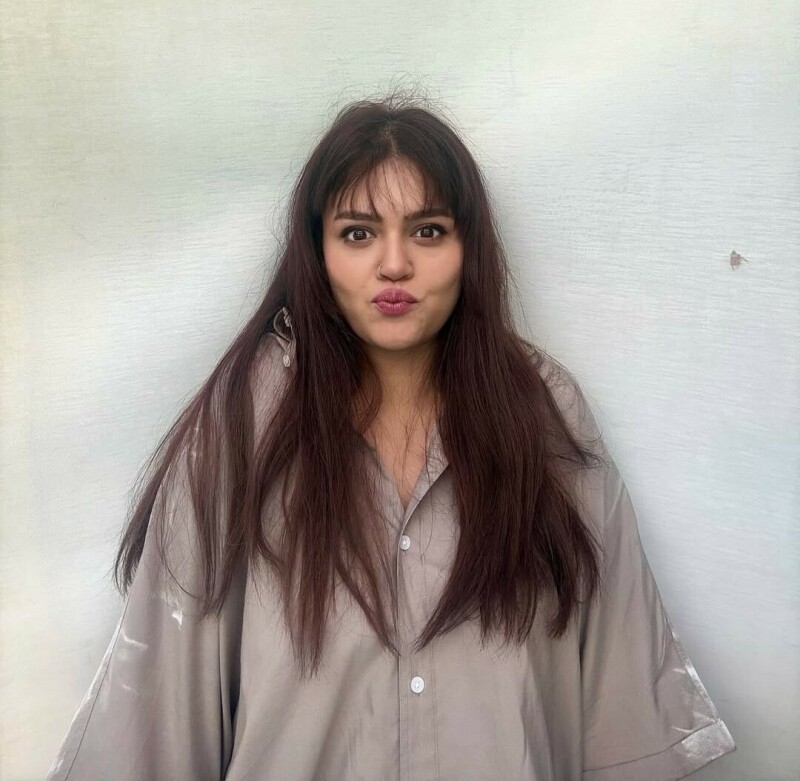
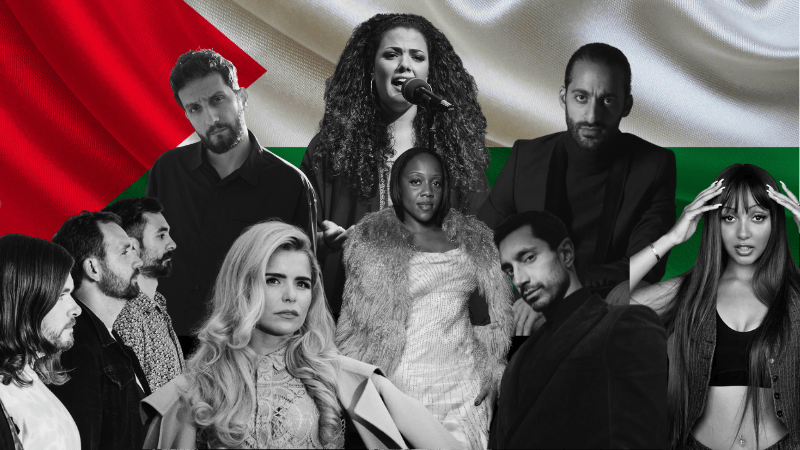
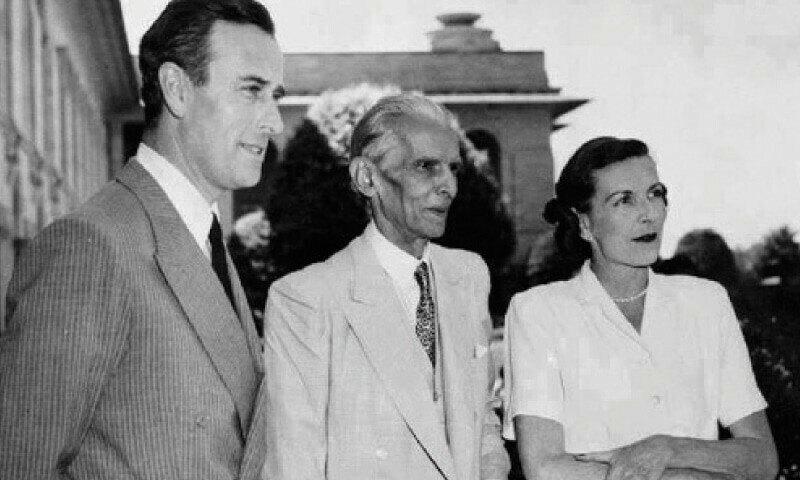
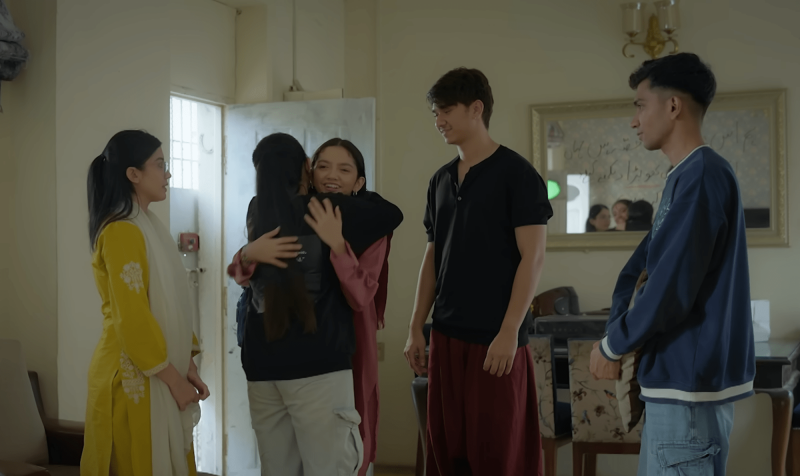
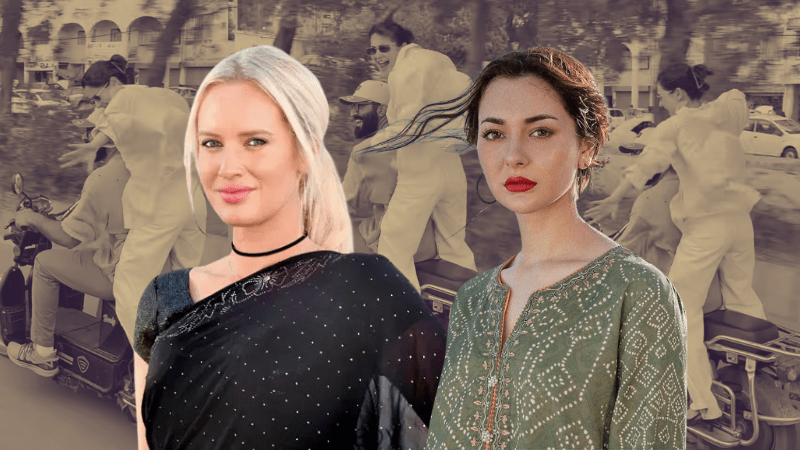
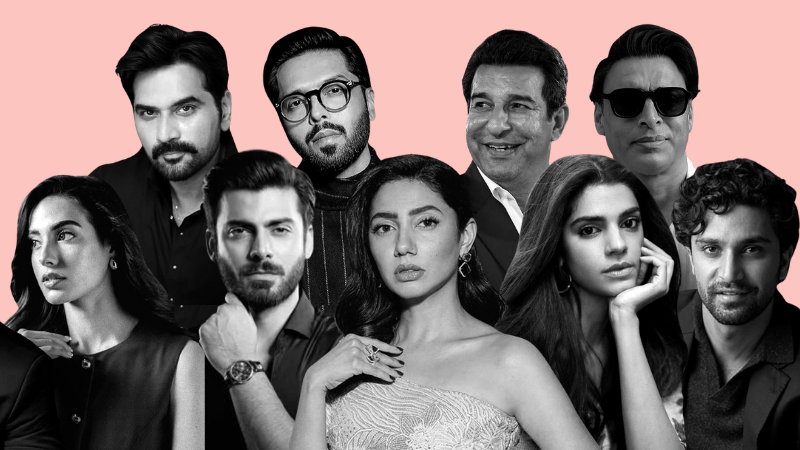
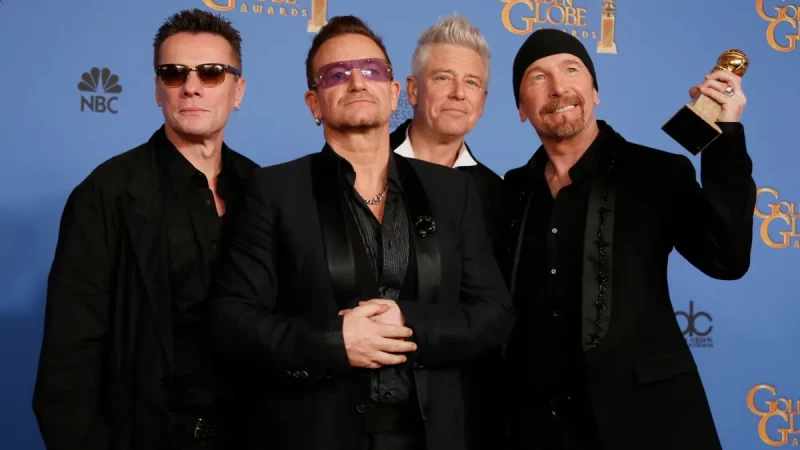
Comments